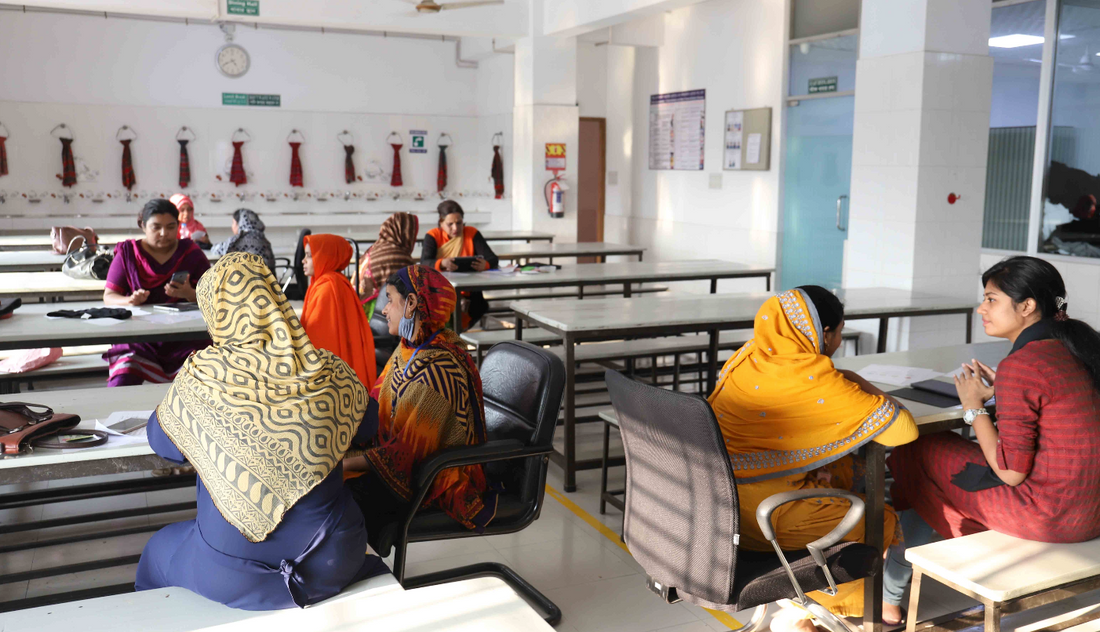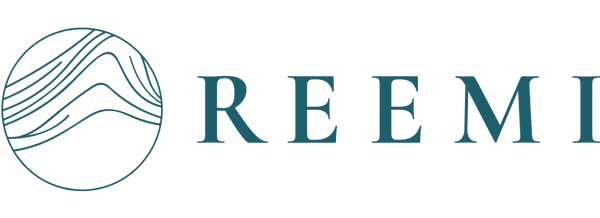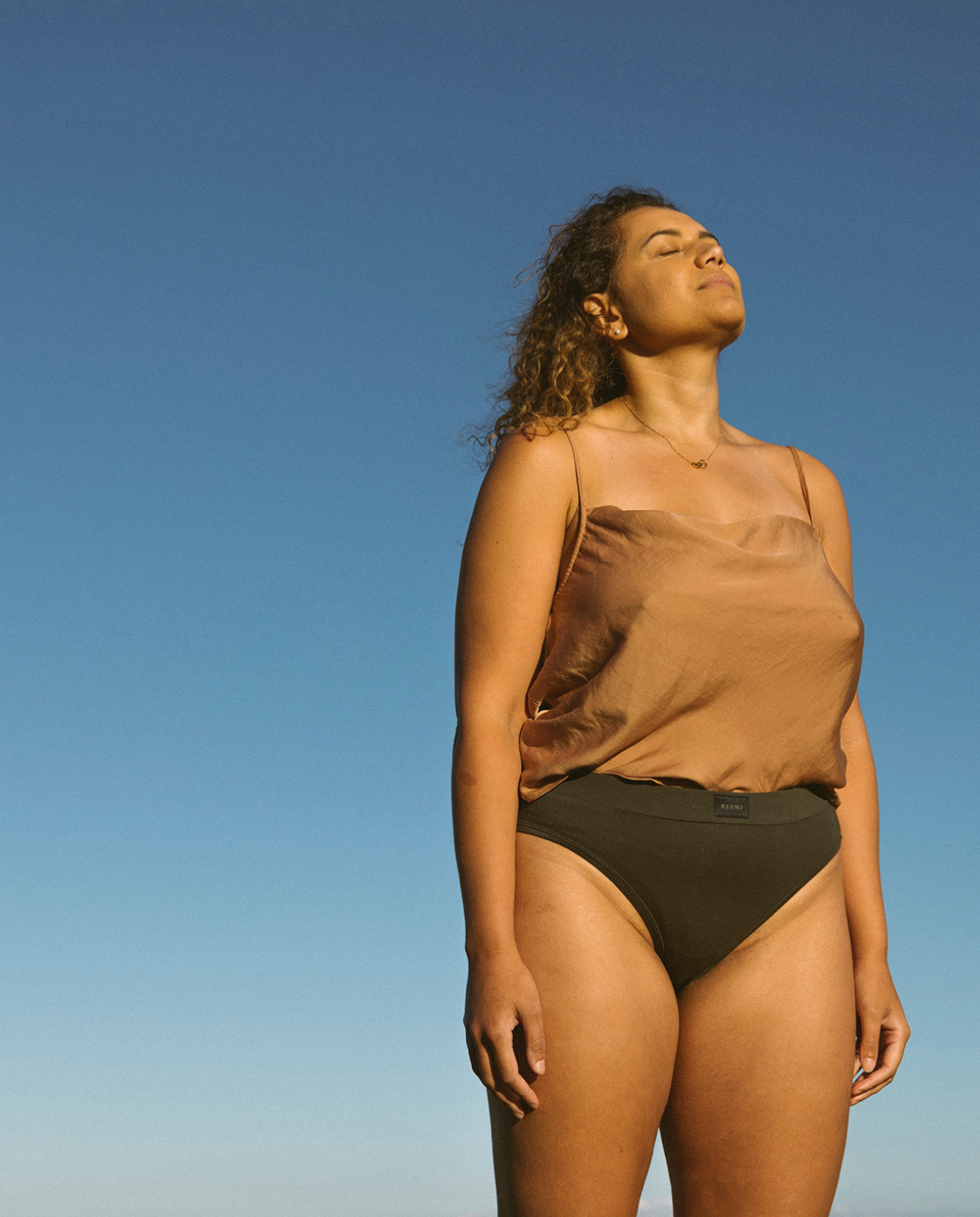
1,700 phone interviews later..
Share
For years, you’ve been listening to us go on and on about our research that we’ve been doing. It’s finally complete and with very fascinating results. To explain why we’ve been doing it for literal years, the research consisted of three pilot studies, with more than 1,700 phone interviews, 4,200 pairs of Reemi period underwear distributed, 260 washing and drying bags, and 100 pairs of reusable pads, across 724 participants and one Randomised Control Trial (RCT).
From 2021-2025, we have scaled this to 40,000 pairs of Reemi Period Underwear to more than 10,000 workers. We all needed a bit of sleep after that!

Above: Hop Lun distributing period underwear during our research in 2021
What did we learn?
- We learnt through multiple measures (NPS, Willingness to Pay, Pick Up Rates, Product Ratings) that the workers LOVED our innovative period products: period underwear, washing bags and drying bags.
- We learnt that bringing women together to share their experiences was enough of an intervention to break some strong cultural stigma and taboos.
- We learnt that after 6 months, 70% of people were still using Reemi period underwear
- We learnt that men can be an obstacle to women’s health. For example, men being shopkeepers can make women feel too uncomfortable to buy pads (after our education session, this dramatically changes), or that husbands control household expenditure so women need permission from their husbands to buy pads, even if they are the main breadwinner.
- We learnt that reusable products are desirable for economic reasons and waste disposal reasons.
- We learnt that local partnerships are the only way forward!
In fact, we learnt so much that we detailed our findings in a 50-page report, our researchers from the University of Munich published their working paper on the RCT (and is now getting peer-reviewed!) and most surprisingly, was the extremely positive response that led our partner factory Hop Lun to expand distribution of period underwear to all their workers before they even saw the findings.
Why bother with research?
Our heart at Reemi is to see the end of global period poverty and do so in a way that provides the best solutions for people in need. It’s not good enough to provide a solution and “hope for the best.” There are many nuances across cultures around periods and we want to be confident that the solutions we provide are really what people will love and use. So we co-design products with our partners and the people using them, we localise the education and we use evidence to back what we’re doing so we can lift the standards of MHM globally.
Lastly, we would also like to thank our enumerators who made thousands of phone calls to conduct more than 1,700 interviews across all three pilot studies. We are especially grateful for your flexibility in adapting to remote interviewing for safe implementation throughout the pandemic.
_______
Our work on Zero-Waste MHM solutions has been funded and supported by Elrha’s Humanitarian Innovation Fund (HIF) programme, a grant making facility which improves outcomes for people affected by humanitarian crises by identifying, nurturing and sharing more effective, innovative and scalable solutions. Elrha’s HIF is funded by aid from the Netherlands Ministry of Foreign Affairs (MFA) and the UK Foreign Commonwealth and Development Office (FCDO). Elrha is a global charity that finds solutions to complex humanitarian problems through research and innovation. Visit www.elrha.org to find out more. Additional funding was provided by Hop Lun and AS Colour. We really value our cross-sector partnerships to create long-lasting and sustainable change.

